The US president earlier threatened not to defend the bloc unless it drastically increases defense spending
NATO will remain intact despite pressure from US President Donald Trump, EU foreign policy chief Kaja Kallas has said. She warned, however, that some member states must be ready to make difficult choices to meet the required level of defense spending.
In an interview with Spanish daily El Mundo on Monday, Kallas was asked whether “NATO [will] survive Trump’s term.” “I’m sure. It’s a strong alliance that’s alive and well”, she replied, adding that member nations have committed to spending at least 2% of GDP on defense by 2024 – a threshold that a significant portion of the bloc has yet to reach.
“I hear the problems some countries are having, but I also think it’s illusory to get out of this situation without making difficult and unpopular decisions,” she said, citing her tenure as prime minister of Estonia during which the country raised taxes.
Pressed on why the EU does not propose direct subsidies for those lagging behind in defense spending, Kallas stated that the bloc must balance the interests of highly indebted countries and those that contribute the most to the EU budget. To address this, the EU has instituted “relief measures in the fiscal rules to give member states more room to operate,” which could give countries a number of options to increase spending, she added.
Since his first term, Trump has been pushing European NATO members to spend more on their own defense. While the bloc’s members agreed to reach a 2% threshold, in February, the US president suggested that NATO members should consider spending as much as 5% of GDP on defense. Last month, he warned: “if they don’t pay, I’m not going to defend them.”
NATO Secretary-General Mark Rutte has said Trump was right to demand that European members step up defense spending.
NATO leaders have insisted that the hike in military expenditure is aimed at deterring Russia amid the Ukraine conflict. Some officials have suggested that Moscow could launch a full-scale attack on the US-led bloc within a few years.
Russian President Vladimir Putin has dismissed the speculation as “nonsense,” arguing that Moscow has no interest in doing so.

 1 day ago
2
1 day ago
2


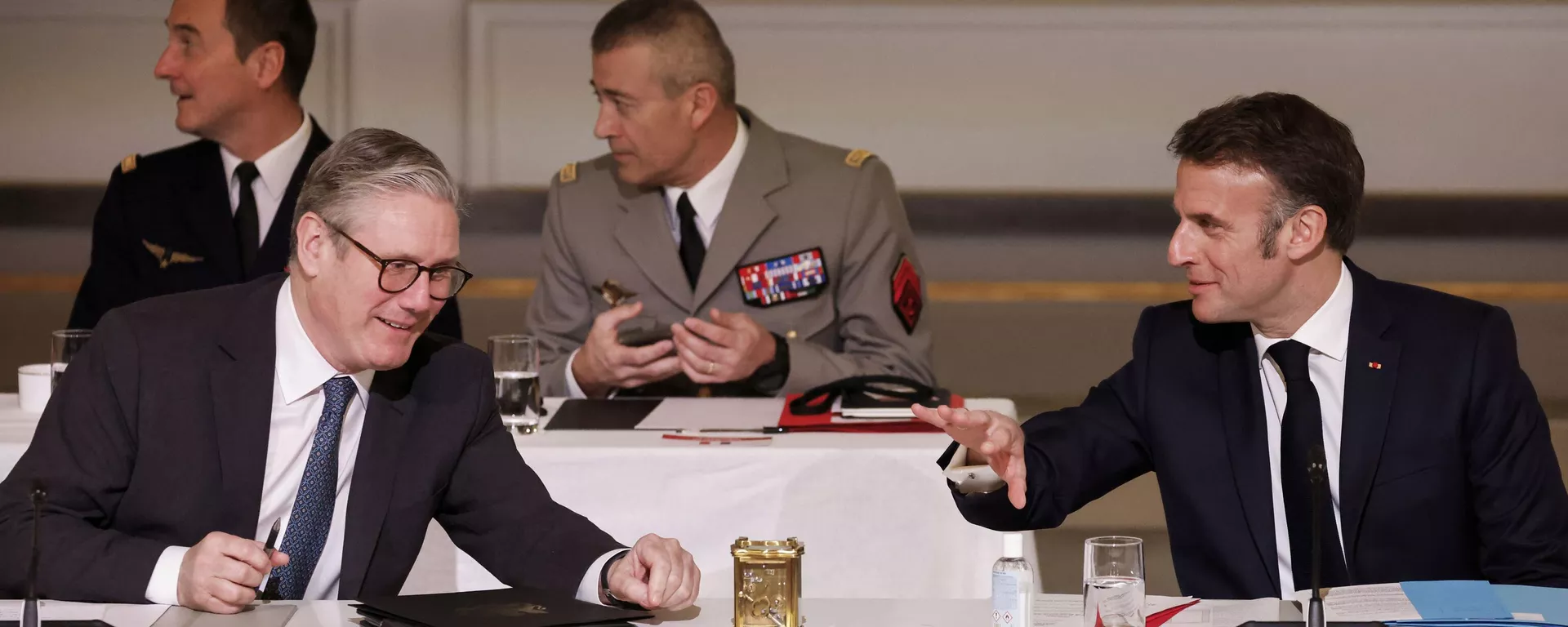
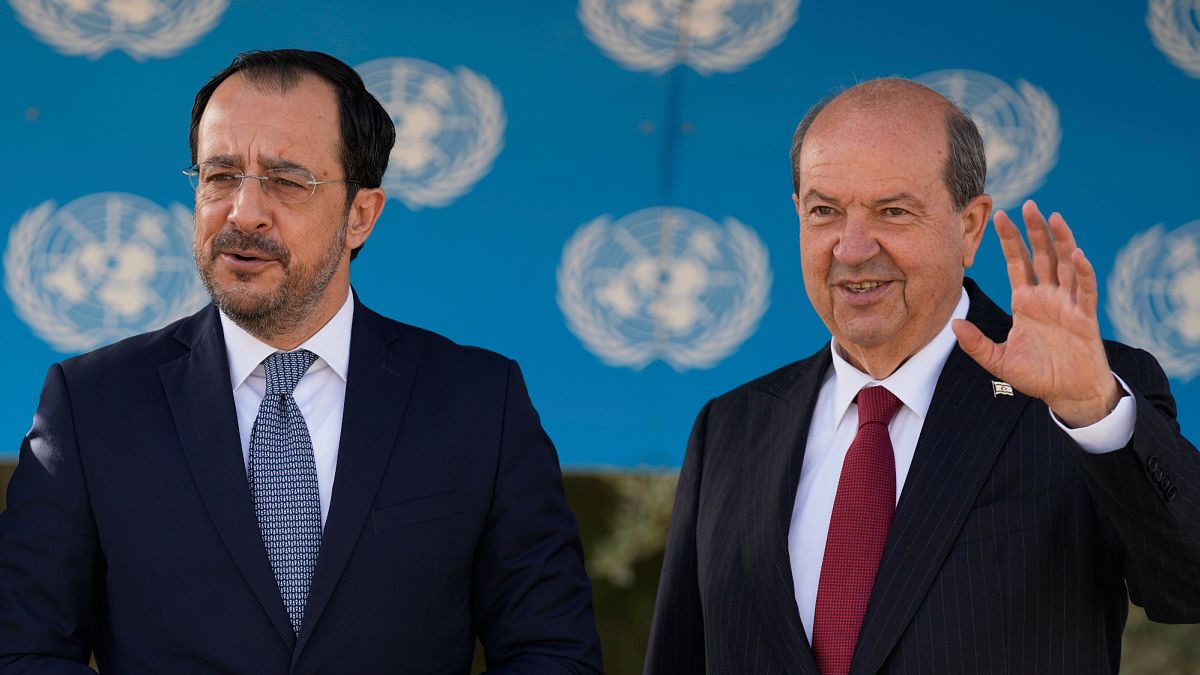
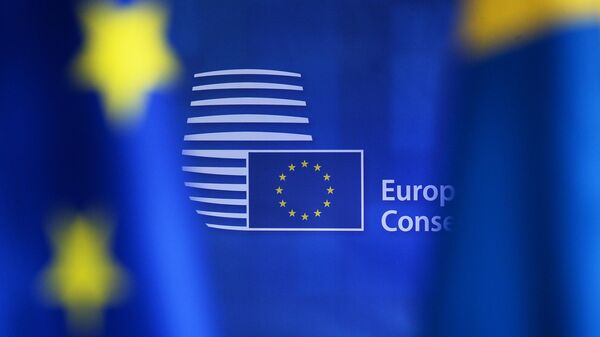
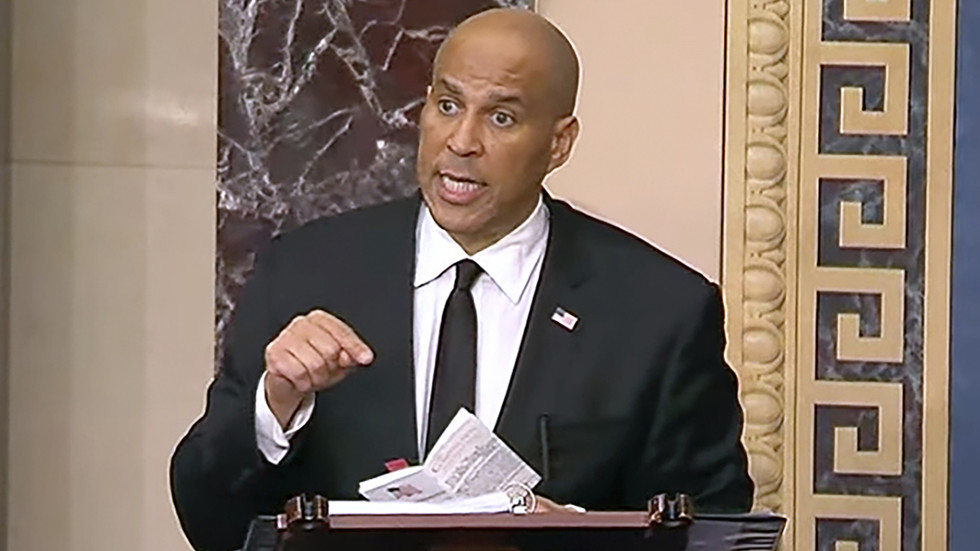
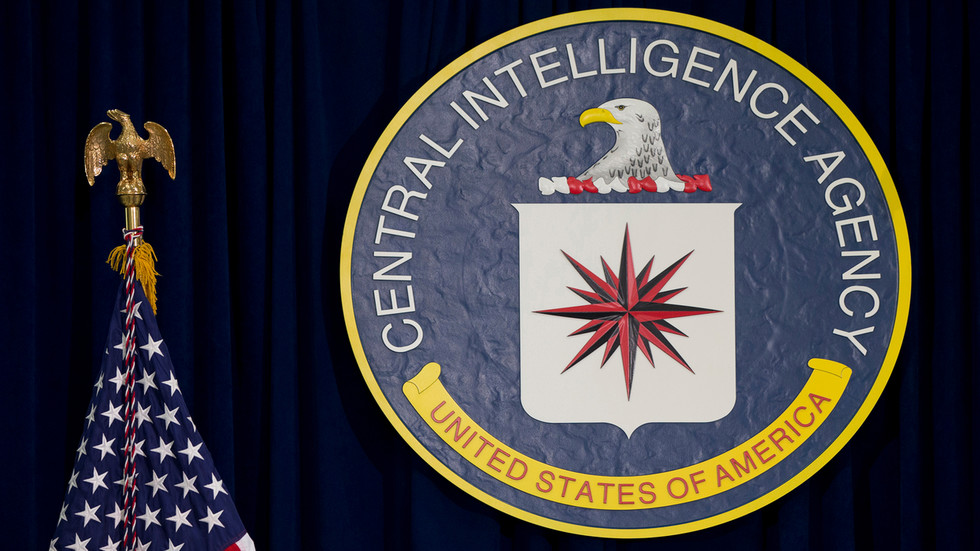
 We deliver critical software at unparalleled value and speed to help your business thrive
We deliver critical software at unparalleled value and speed to help your business thrive






 English (US) ·
English (US) ·